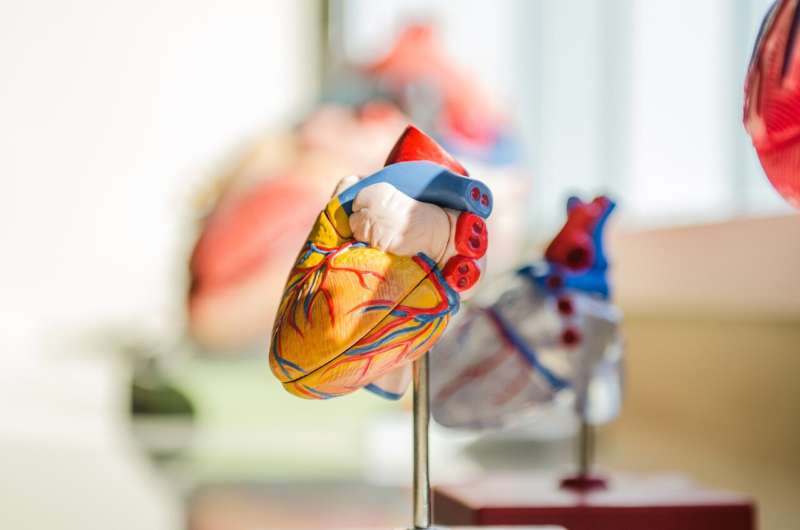Allopurinol does not improve cardiovascular outcomes in ischemic heart disease patients

The gout medicine allopurinol has failed to reduce the primary endpoint of nonfatal myocardial infarction, nonfatal stroke or cardiovascular death in patients with ischemic heart disease, according to late breaking research presented in a Hot Line session today at ESC Congress 2022.
Allopurinol is a xanthine oxidase inhibitor that lowers uric acid and is used to treat patients with gout. Previous studies have shown that the drug also has cardiovascular benefits. For example, in patients with angina and coronary artery disease, allopurinol increased exercise time and reduced chest pain, suggesting anti-ischaemic activity.
The ALL-HEART study investigated whether allopurinol therapy improves major cardiovascular outcomes in patients with ischaemic heart disease. The study included patients aged 60 years or older with ischemic heart disease but no history of gout. Patients were randomized 1:1 to receive allopurinol up-titrated to a dose of 600 mg daily plus usual care or usual care alone. The average age was 72 years and 76% were men. Participants were followed up by record linkage and annual questionnaires. The primary outcome was a composite of nonfatal myocardial infarction, nonfatal stroke or cardiovascular death.
The modified intention-to-treat analysis population included 5,721 randomized patients, of which 2,853 were in the allopurinol arm and 2,868 were in the usual care arm. The mean follow up was 4.8 years. There was no difference between groups in the rate of the primary endpoint, which occurred in 314 (11.0%) participants in the allopurinol arm (2.47 events per 100 patient years) and 325 (11.3%) in the usual care arm (2.37 events per 100 patient years), giving a hazard ratio (HR) of 1.04 (95% confidence interval [CI] 0.89–1.21, p=0.65).
There were also no differences between groups in any of the secondary time to event outcomes, which included nonfatal myocardial infarction, nonfatal stroke, cardiovascular death, all-cause mortality, hospitalization for acute coronary syndrome (ACS), coronary revascularization, hospitalization for ACS or coronary revascularization, hospitalization for heart failure, and all cardiovascular hospitalizations. A total of 288 (10.1%) patients in the allopurinol arm died compared with 303 (10.6%) patients in the usual care arm, giving a HR of 1.02 (95% CI 0.87–1.20, p=0.77).
Principal investigator Professor Isla Mackenzie of the University of Dundee, UK said: "The ALL-HEART study has shown that allopurinol therapy does not improve major cardiovascular outcomes in patients with ischemic heart disease. Allopurinol is already widely used in patients with gout to prevent acute flares, and many of these patients have co-existing ischemic heart disease. The question of whether allopurinol might prevent cardiovascular events in people with heart disease but no clinical gout has been around for many years and we are pleased to have now definitively answered this question for patients and doctors in a robust study."
More information: Noman A, Ang DSC, Ogston S, et al. Effect of high-dose allopurinol on exercise in patients with chronic stable angina: a randomised, placebo controlled crossover trial. Lancet. 2010;375:2161–2167
Mackenzie IS, Ford I, Walker A, et al. Multicentre, prospective, randomised, open-label, blinded end point trial of the efficacy of allopurinol therapy in improving cardiovascular outcomes in patients with ischaemic heart disease: protocol of the ALL-HEART study. BMJ Open. 2016;6:e013774



















